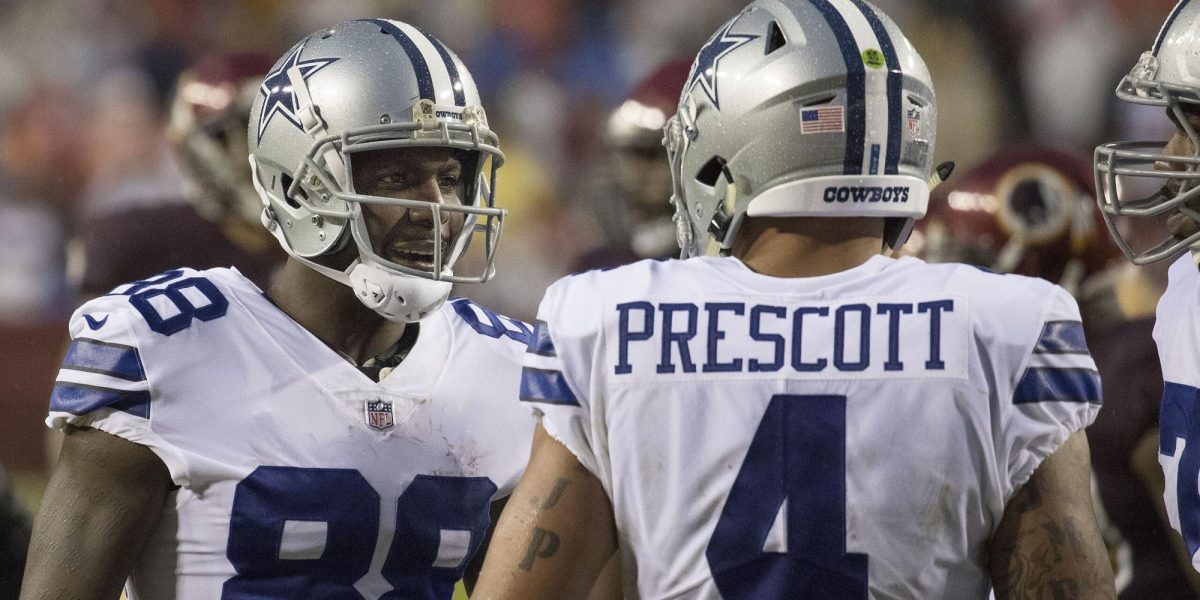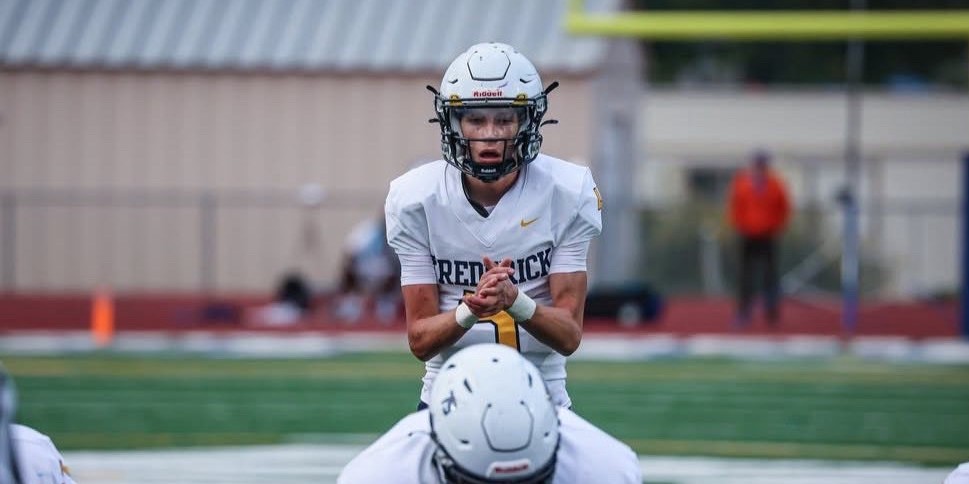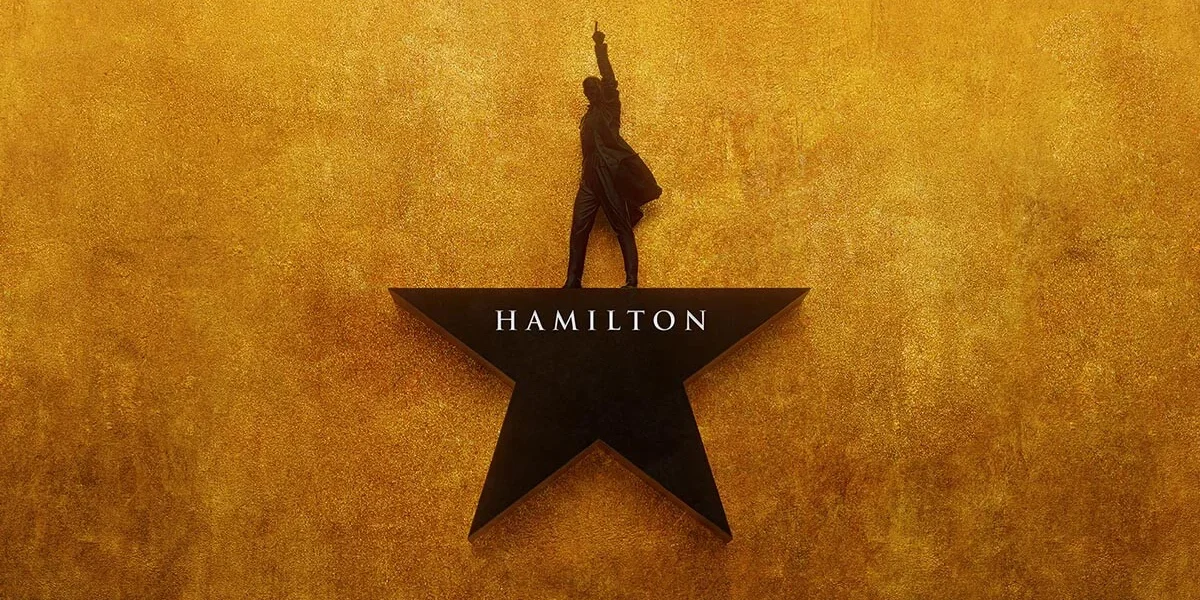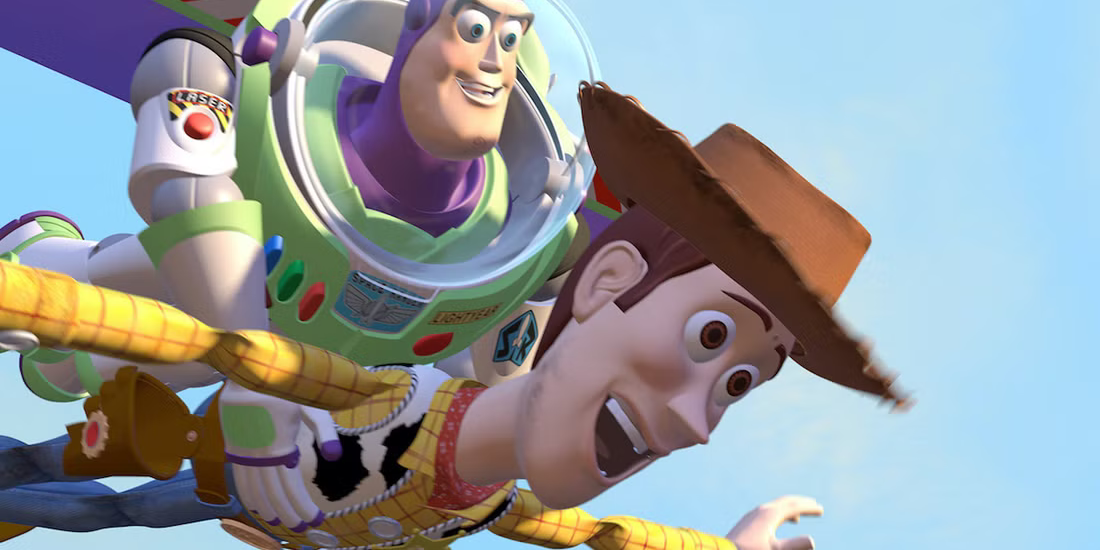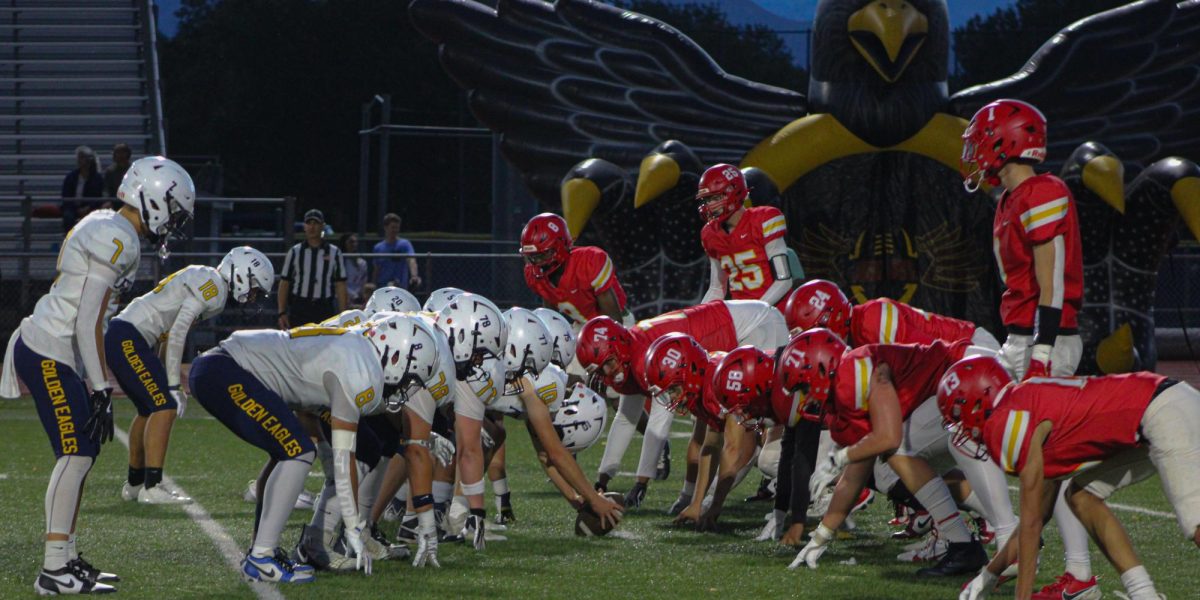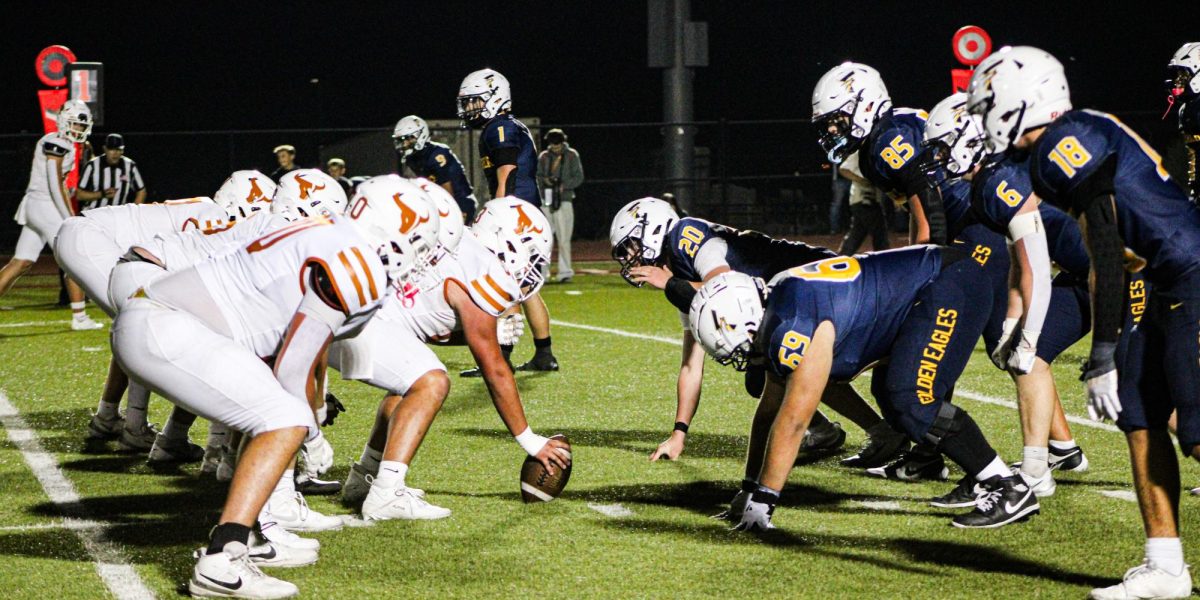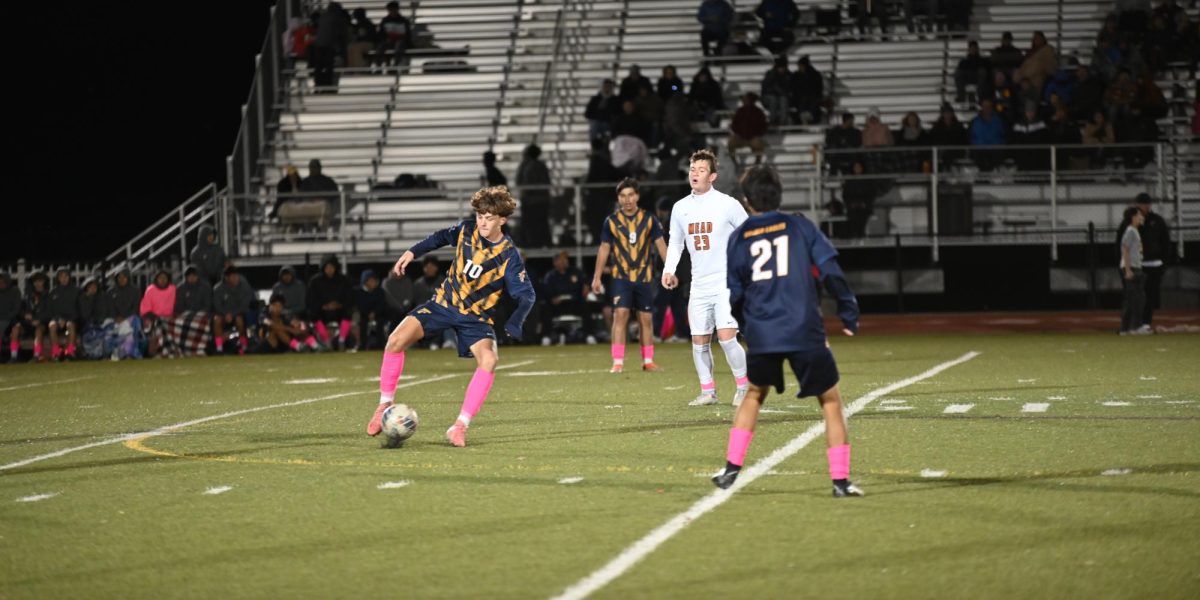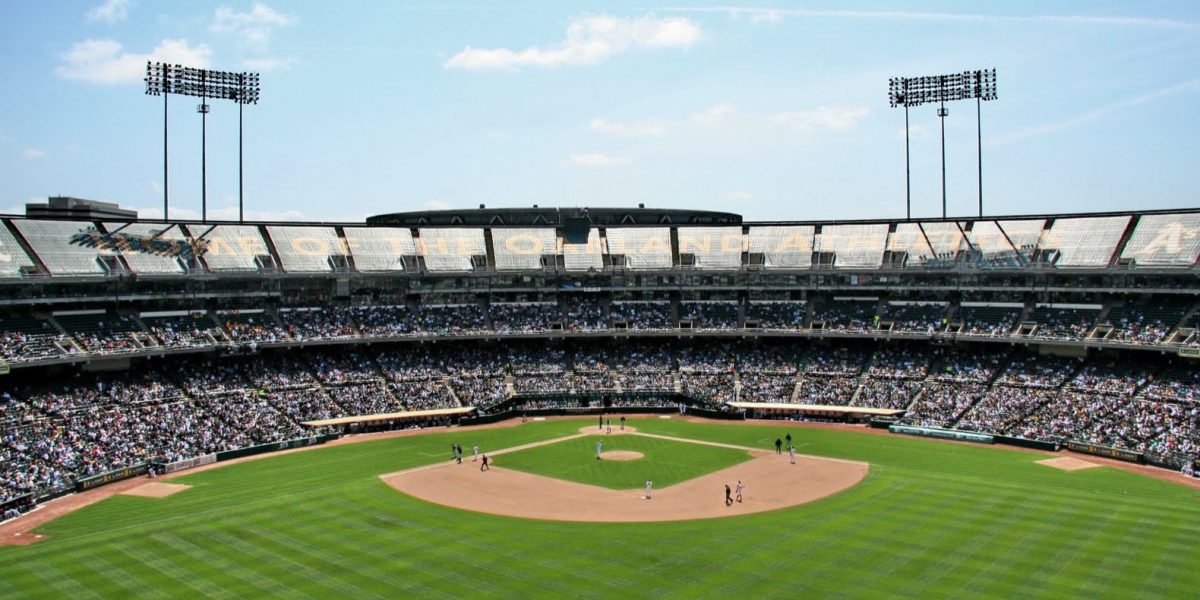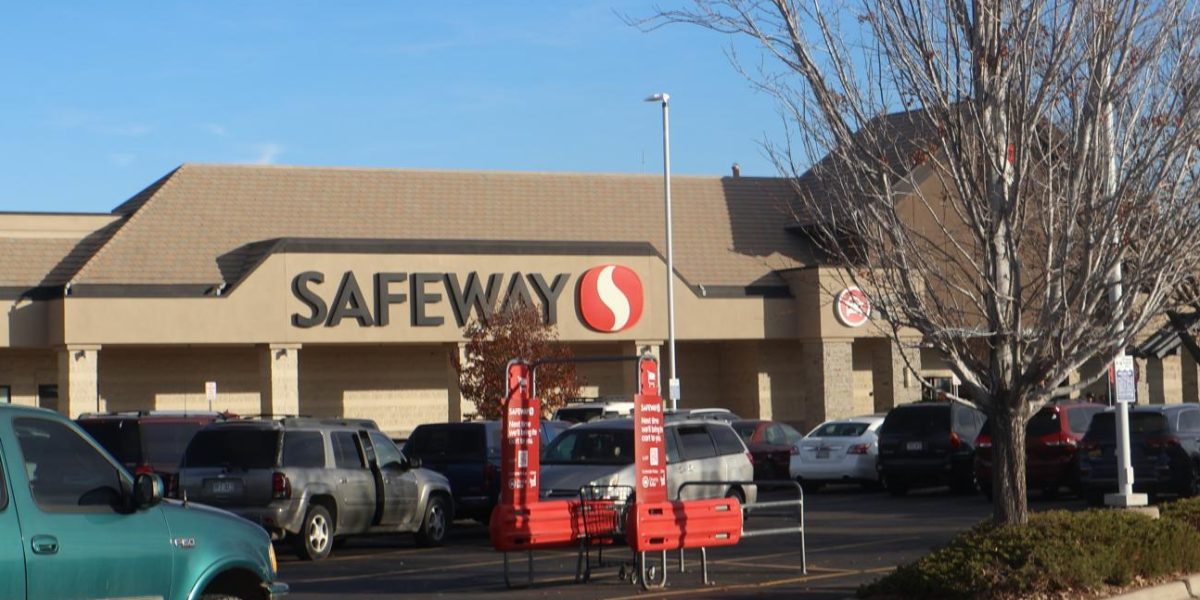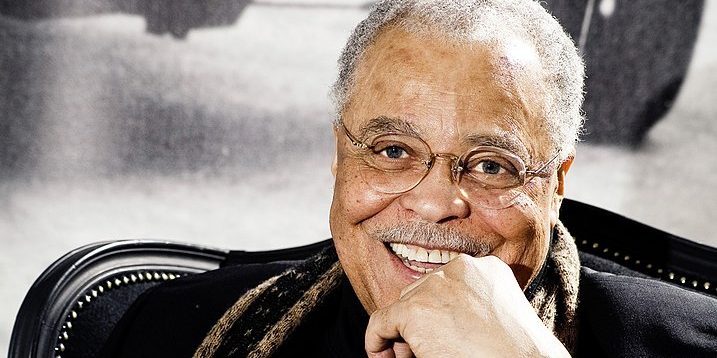Fans anticipate intense competition, hard hits, and the occasional on field fight in the high stakes, high contact world of the NFL. Spitting is something they don’t want or expect to see. However, spitting incidents have become a common issue in the league over the past few seasons, sparking discussions about player conduct, discipline, and sportsmanship.
However, football spitting is nothing new. Players frequently spit as part of the game, whether it’s spit or water, whether on the sidelines of high schools or in professional stadiums.
Although, there is a difference between spitting at an opponent and spitting to clear your throat. Spitting is commonly regarded as one of the most aggressive behaviors in sports when it is directed at another player, it is considered an insult that goes beyond physical aggression and trash talk.
The problem has become a high priority due to a number of recent events. Spitting during heated moments has resulted in players being flagged, fined, or even ejected. Spitting carries a significant weight, even though it is not as common as penalties for taunting or late hits.
Spitting is an act of disrespect rather than competition for the ball, as opposed to a hard tackle or a shove. Spitting has been recognized by coaches, teammates, and league officials as a negative reflection on the players involved and the league’s reputation overall.
Health issues complicate matters further. Spitting is not only unsportsmanlike but also unsanitary in a time when professional sports leagues place a high priority on player safety, hygiene, and public health.
Due to the risk of transmission, leagues worldwide banned spitting during the COVID-19 pandemic. Spitting is still a concern for spectators at home and parents debating whether to allow their kids to idolize certain athletes, despite relaxed protocols.
With fines and penalties, the NFL has tried to address the issue, but critics claim that enforcement is uneven. Depending on whether referees notice it in real time or if it is reviewed after the game, some incidents result in serious penalties while others go unnoticed.
Players and supporters have been debating this lack of consistency, with some advocating for more severe, automatic suspensions to send a more powerful message. Others argue that football is a highly emotional sport and that, although spitting is not acceptable, each situation should be considered individually.
Additionally, there is a cultural element involved. Some players see spitting, whether on the ground or during trash talk, as a necessary component of the mental battle of competition in a league that is based on toughness.
However, even supporters of the game’s intensity agree that it is unacceptable to spit on or at another player. Professional sports are supposed to be based on respect for the opponent, regardless of how intense the rivalry may be.
In the end, there is more to the NFL’s spitting issue than a few cases of poor judgment. It brings up more general issues regarding professionalism, responsibility, and the behavior that fans should accept from professional athletes.
Spitting will continue to be an ugly mark on America’s most popular sport until the league takes a more definite stand and applies consistent sanctions.

